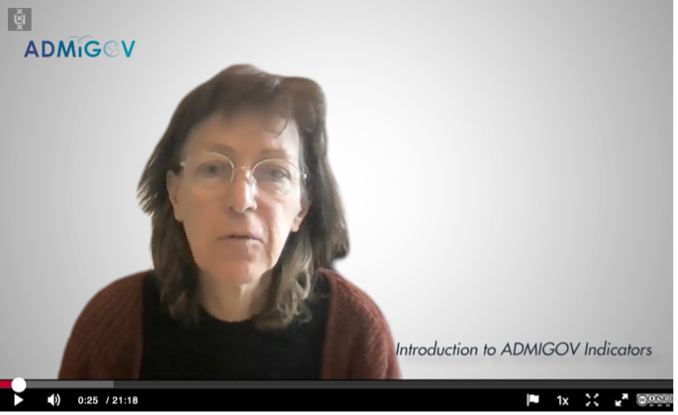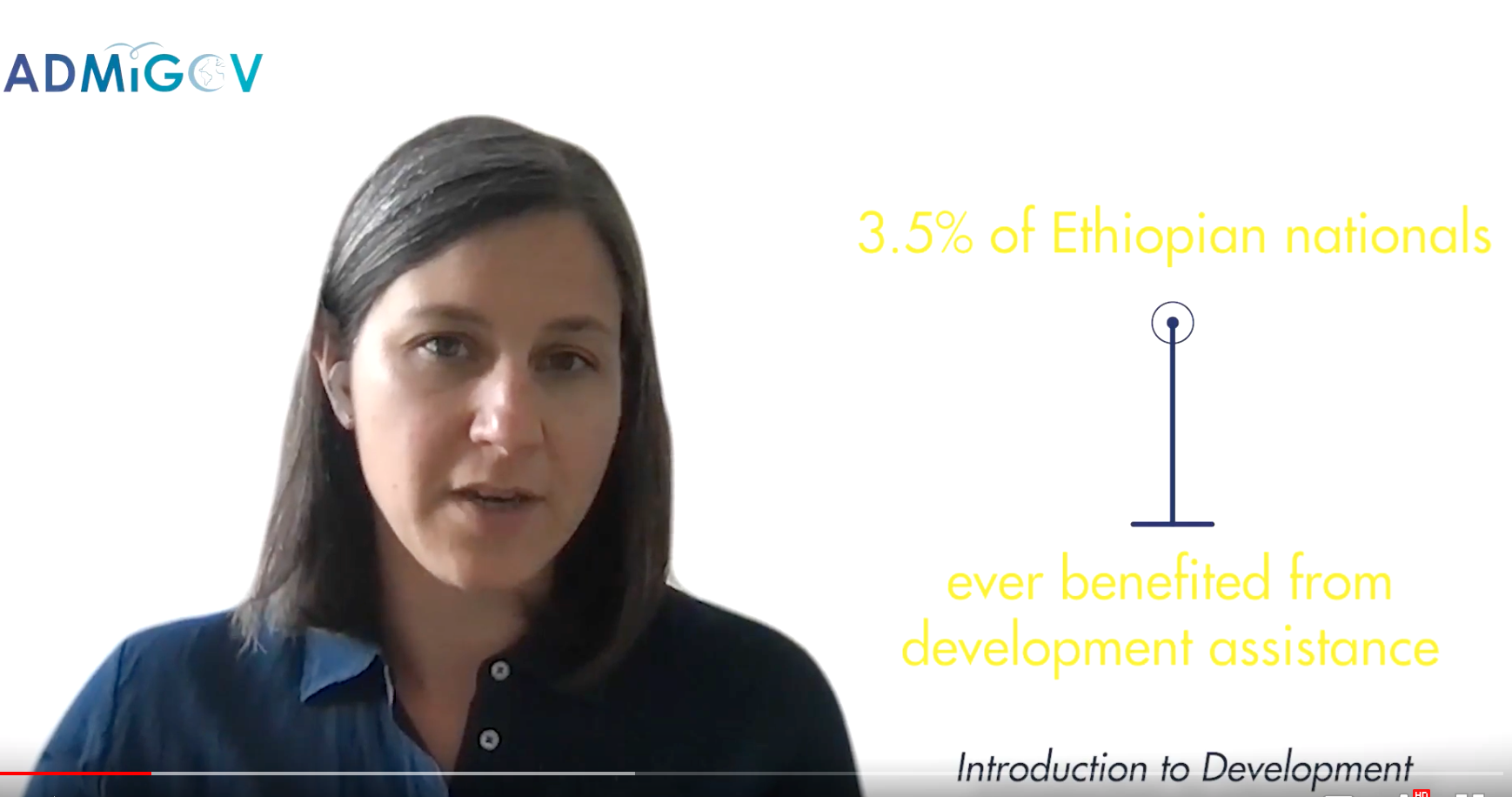Research and Intentions
ADMIGOV aims to promote an alternative migration governance model and takes seriously the principles laid out in the Sustainable Development Goals 2030 (2015), the New York Declaration (2016) and later UN documents. We study how alternative approaches to migration governance can be better designed and put into practice. However, rather than proposing a top-down study of existing migration policies, ADMIGOV studies the reality of existing polices and practices on the ground to improve migration governance in line with the principles set out by the UN.
This is the unique analytical feature of ADMIGOV. We bring together analyses of migration governance in practice and in key times and spaces and relate these analyses to the key structuring principles of migration governance as laid out by the UN. This is done to better understand the current gaps between principles and practices and in order to provide insights and recommendations for migration governance in the future.
ADMIGOV is methodologically unique. We bring analyses from along the migration ‘chain’, from entry through to exit and incorporating key issues such as labour migration, protection needs and development goals. ADMIGOV has chosen several case studies of key times and spaces in migration governance, including the Greek islands, Lebanon, and Turkey, to better understand the most important and most problematic processes at play. Additionally, through the involvement of the Danish Refugee Council, ADMIGOV has access to possibly the largest dataset on migrants on the move today. The 4Mi data of the Danish Refugee Council will give ADMIGOV access to and help us generate more data than a single research team could normally collect.
In short, ADMIGOV is designed to combine the analyses of existing policies and practices on the ground in key times and spaces with the wide- ranging 4Mi data to generate new indicators of good migration governance, helping the EU put the UN principles into practice.
News
Massive Open Online Course Series ready
The Massive Open Online Course series of the Advancing Alternative Migration Governance Project (AdMiGov) is ready. The…
Part 6 Massive Open Online Course on Indicators of Good Migration Governance
Anja van Heelsum and Francesco Pasetti present the 6th AdMiGov Massive Open Online Course Indicators…
Final Conference in Brussels
What is Good Migration Governance? Final Conference of the Advancing Alternative Migration Governance project 0:00-17:30…
Part 5 Massive Open Online Course on Development
Katie Kuschminder, Ayşen Üstübici Gabriella Trovato and Johannes Cleas present the 5th AdMiGov Massive Open…



